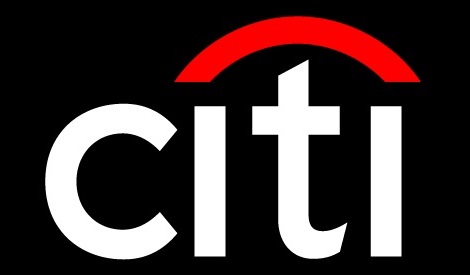Banking, finance, and taxes
Citi Gets Its Turn for Multi-Billion Dollar Mortgage Fines
Published:
Citigroup Inc. (NYSE: C) is finding out that it also gets a turn in the mortgage settlement barrel. Shares have dropped on Friday on news that the U.S. Department of Justice is seeking a $10 billion fine from Citi tied to a mortgage-backed securities settlement.
What hurts here is that this is after many fines have been paid by all the big banks, and it is impossible to know where the real end is to suits for things that happened years ago now. Bloomberg’s report signaled that this was tied to the sale of mortgage-backed securities sold up until the financial crisis hit in 2008.
We would note that Bank of America Corp. (NYSE: BAC) has had settlements, and one more large one is supposed to be pending. JPMorgan Chase & Co. (NYSE: JPM) also paid a huge settlement in late 2013.
Citi has reportedly been in discussions with the Justice Department for several months now. Whether or not this is a final amount (and a final suit) is something that we would take a wait-and-see attitude toward. As a reminder, when banks make one huge settlement, they only seem to bring up other suits and settlements in other jurisdictions.
The real problem to consider with Citi is that it is the smallest of the big four money center banks, with a $145 billion market cap, followed by Bank of America at $161 billion in market cap. That means that $10 billion for Citi is more painful than it is for Bank of America, J.P. Morgan and Wells Fargo & Co. (NYSE: WFC).
Citi shares were down 1.6% at $47.80 in late morning trading on Friday. They have traded in a range of $45.06 to $55.38 in the past year. Citi’s total balance sheet represented some $468 billion in cash and equivalents and almost $1.9 billion in total assets as of March 31.
Citi could afford to pay this amount, but it will not come without some pain — and a serious charge against quarterly earnings. That also keeps its desire to reinstate a higher dividend up in the air just that much longer.
ALSO READ: Weak Trading and Lower Investment Banking Revenues May Hurt These Banks
Start by taking a quick retirement quiz from SmartAsset that will match you with up to 3 financial advisors that serve your area and beyond in 5 minutes, or less.
Each advisor has been vetted by SmartAsset and is held to a fiduciary standard to act in your best interests.
Here’s how it works:
1. Answer SmartAsset advisor match quiz
2. Review your pre-screened matches at your leisure. Check out the advisors’ profiles.
3. Speak with advisors at no cost to you. Have an introductory call on the phone or introduction in person and choose whom to work with in the future
Thank you for reading! Have some feedback for us?
Contact the 24/7 Wall St. editorial team.